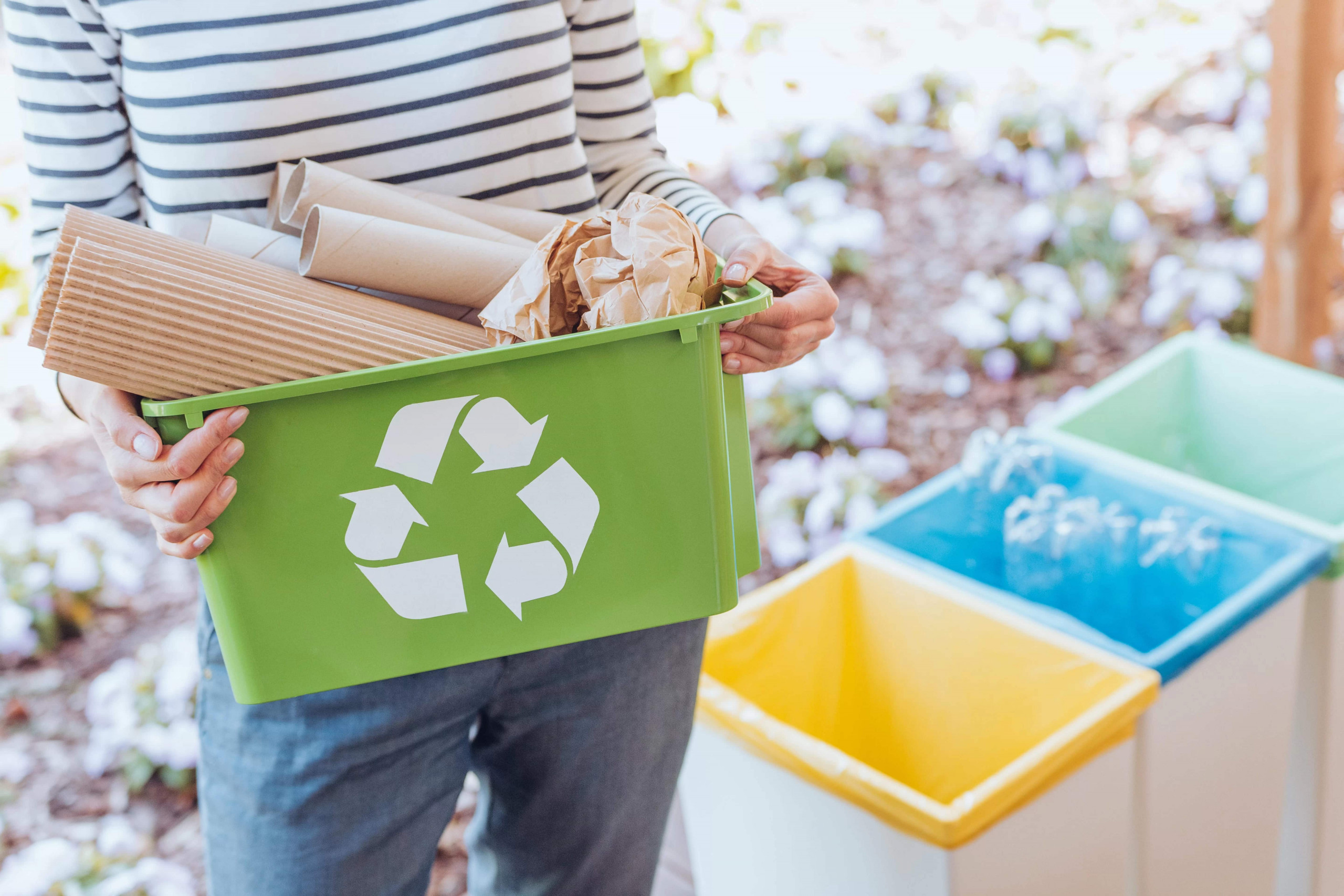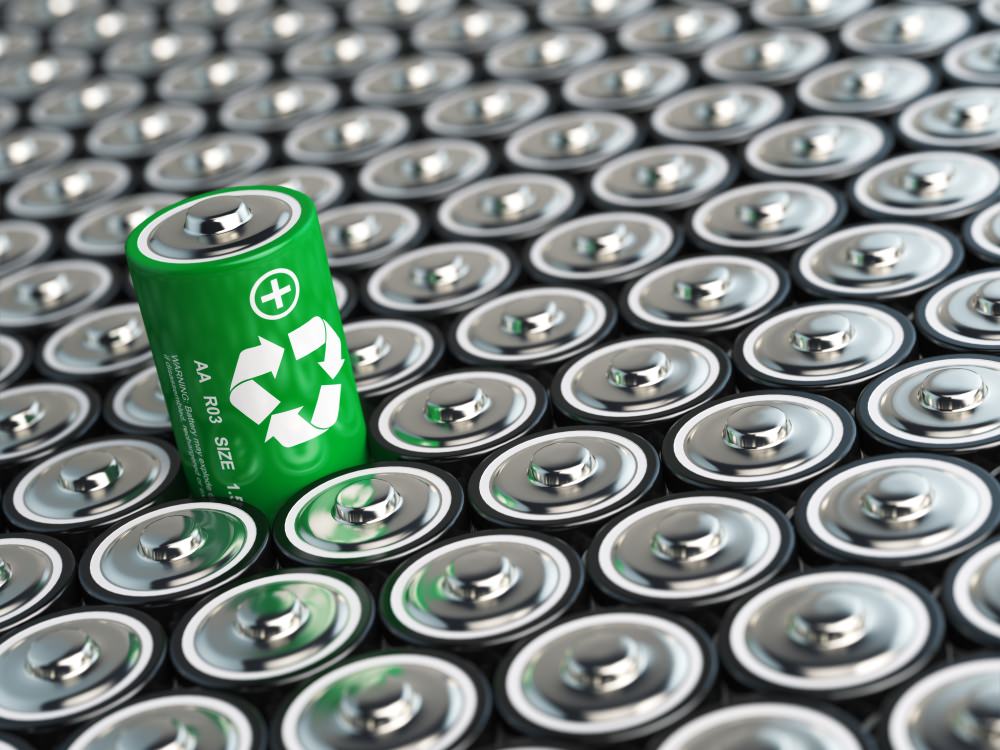Many people struggle with how to dispose of their domestic rubbish. From batteries to tin cans and silver foil, do you know where it should all go? And what happens to it all afterwards?
As scrap metal recycling specialists, Morecambe Metals understand just how important sustainability is so, in this article, we’re taking a look at recycling in general and offer tips for homeowners on how to best dispose of items they no longer want.
What Goes in Each Bin?
First of all, you want to make sure that you know what goes in each recycling bin. Some things are obvious; for instance, in most areas of the UK, anything that can’t be recycled or composted goes into a wheelie black bin.
However, a black recycling bin (or Box) is something else, which can cause some confusion. If you have one of these bins or boxes, you’ll want to add metals and plastics to it, including metal lids from jars, empty aerosols, kitchen foil, pots, chocolate wrappings, plastic bottles and food and drinks cans.
Both steel and aluminium cans are 100% recyclable, as they can be processed and used to make new products, like bicycles, without losing quality.
What goes in each bin can vary slightly from area to area, as not all regions can recycle all products, so make sure of what the exceptions are from your local council’s website.
Blue bins are used to keep dry recycling. This includes paper, newspaper, cereal boxes, egg containers, greeting cards, cans and tins. Some councils will have red bins instead, which can be used for plastic bottles, empty cleaning bottles and food trays.
Some areas may even have brown bins, which is meant for mixed recyclables, like food tins, aerosols and glass bottles; other regions may have brown bins but for organic garden waste or food waste, which can become confusing. Just check with your local authority to make sure which is which!
Green bins (NOT garden waste wheelie bins) are generally used for glass, like jars, bottles and containers.
Green food waste bins are for cooked leftovers, coffee grounds, teabags, eggshells, bones, etc. Yellow bins are for textiles, clothes and towels, and are generally found at recycling centres.
Recycling Plastic
Plastics are where most people hesitate. After all, not all plastics are the same. They are separated into seven groups according to their content of resin. Some can be recycled into other materials and products, while others cannot. Most bottles, for example, are made from PET 1 and PET 2 resin plastics, which are strong and resistant to moisture, and they can be recycled.
However, some plastics are PET 6 or 7, which can’t be taken to recycling centres and should be placed in the black wheelie bin (for example, plastic carrier bags, plastic packaging, coat hangers and polystyrene).
99% of local councils collect plastic bottles but only 59% of them are recovered. When it comes to plastic pots, tubs and trays, 79% of local authorities collect, although only 33% are recycled. While these are not the best figures, the UK is already improving. In 2000, only 13,000 tonnes of plastic bottles were recycled while, now, we recycle over 350,000 tonnes a year.
What About Recycling Batteries?
Even though there is some confusion around what to do with metal, cardboard and plastics, most people know how to recycle these items; however, many are unsure about batteries. It’s clear they shouldn’t be tossed in the regular bin and they don’t fit into any of the other recycling categories.
Batteries are made up of components that can be harmful to people and the environment, including mercury, cadmium or lead. In addition, batteries can be a fire hazard as well, so they should be properly disposed of.
You can go directly to your local Recycling Centre or drop the batteries (be it AA, AAA, 9v batteries, batteries from mobiles, laptops and watches or even rechargeable batteries) at a retail outlet that accepts them. For example, stores like Marks & Spencer may collect batteries, so check in your local area.
Reduce and Reuse
Recycling is imperative but it is the ‘last resort’, so to speak. Before that, it’s important that households reduce and reuse as much as possible.
If you’re looking to reduce, you can:
- Avoid unnecessary purchases
- Borrow items where possible
- Buy products that can be reused, like rechargeable batteries
- Print on both sides of a sheet of paper
- Donate unwanted items instead of binning them
- Cancel any mail you don’t want to receive
- Buy non-toxic products as much as possible
If you want to start reusing more, we also have some tips you can follow, such as:
- Clean jars and use them for storage purposes
- Keep newspaper, cardboard or bubble wrap to use as packaging when needed
- Cut old clothes into ‘rags’ for cleaning
- Carry a reusable bag with you when shopping
More Recycling Tips
There are many more things you can do to recycle and help the planet. These can be done every day and with little effort, but they will make a big difference. For example:
- Always double-check products to make sure they can be recycled – and double-check if you’re putting them in the right bin. If in doubt, contact your local authority or check their website and you should be able to find the information easily.
- Clean containers before you recycle them.
- Flatten boxes and bottles to allow for more items in the bins.
- Don’t forget to recycle things like wrapping paper and toilet roll tubes.
- Glass can be recycled indefinitely, so make sure you clean and recycle all of your glass containers, be it jars or bottles.
Everyone at Morecambe Metals is aware of how important it is to recycle, and we aim to help households across the UK to get better at it. And did you know you can also recycle your car? Don’t leave it in your garage or driveway – we are experts at vehicle recycling, so get in touch with us today and we’ll take care of it.




